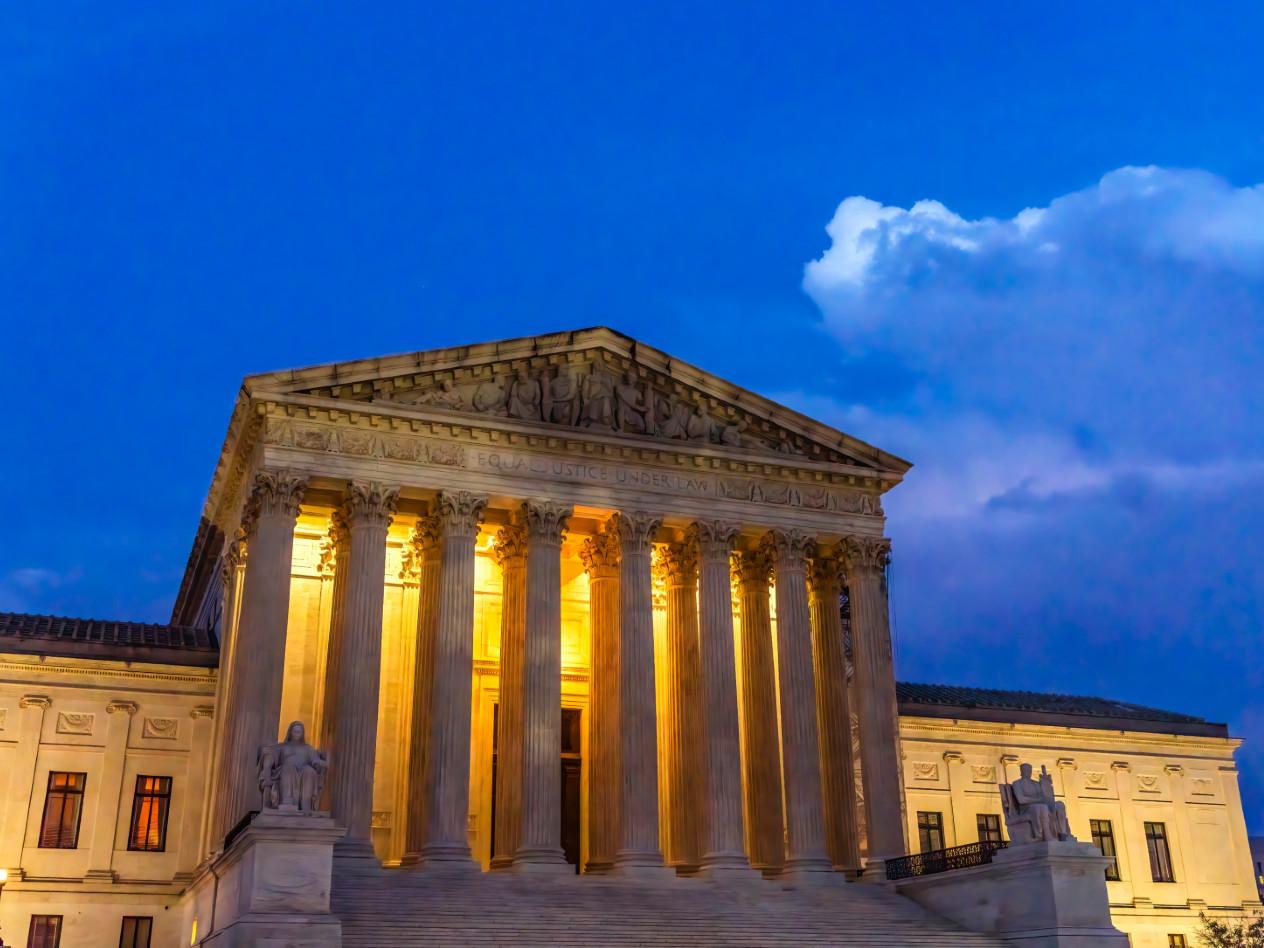Olin expert: Chevron ruling could have long-term impact on retirement plans
- October 16, 2024
- By Sara Savat
- 2 minute read

The Supreme Court upended decades of federal administrative law earlier this year when they voted 6-3 to reverse the 1984 case, Chevron USA v. Natural Resources Defense Council.
The ruling gives justices, rather than federal agencies, the ability to interpret laws in cases where they aren’t clear.
The potential ramifications of this decision are enormous and far reaching, including environmental, health and financial regulation. Below, Jeremy Bertomeu, WashU Olin professor of accounting, explains how this decision could impact retirement plans.
According to Bertomeu, the decision is not likely to have an immediate impact on retirement plans because it does not automatically invalidate regulatory interpretation that is currently in place. However, the reversal is likely to open a new era of litigation against any agency determination not specifically stated in the law, and this includes rules for retirement plans.
“The Chevron reversal is likely to be most impactful for areas in which regulatory agencies must issue many implementation details that are unlikely to be feasible by Congress, for example, labor and environmental laws where it is difficult for a non-expert elected official to specify a full list of contingencies,” Bertomeu explained.
“I anticipate that there will be a transition period where courts of law will form jurisprudence that will complement the existing financial infrastructure. This may come with short-term disruption as many courts of laws will now be confirming or altering virtually any agency's implementation. On the other hand, this new channel to challenge agency rules could, in the long term, make regulations more efficient by facilitating two-way information flows between regulators and constituencies.”
According to Bertomeu, the U.S. Securities and Exchange Commission (SEC), in particular, will be vulnerable as a result of this ruling because it has been pressed to create a framework for crypto currency and has been asked by Coinbase to clarify its policies.
“The Chevron reversal is likely to most affect this industry and facilitate its growth, given that the agency will be impaired in writing and enforcing new rules,” he said.
While many of worried that the decision would strip away regulation, Bertomeu said the new jurisprudence that emerges from this decision may help clarify the rules and make for better institutions.
“The Chevron reversal is changing the due process by providing stronger means of appeal to the judicial branch against alleged executive overreach. But the judicial branch has long established jurisprudence to decide cases, and this jurisprudence weighs the public good,” he said.
So, how might the ruling impact investees?
According to Bertomeu, retirement plan fiduciaries can direct investments based on Environmental, Social, and Governance (ESG) considerations rather than financial performance alone. The problem, however, is that a person may invest in a retirement fund for income purposes and be enrolled in an ESG objective, which creates an additional agency between fiduciary preferences and investees. The Chevron reversal will enable investees to hold retirement plan fiduciaries accountable for their investment decisions, he said.
Media inquiries
For assistance with media inquiries and to find faculty experts, please contact Washington University Marketing & Communications.
Monday–Friday, 8:30 to 5 p.m.
Sara Savat
Senior News Director, Business and Social Sciences
